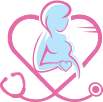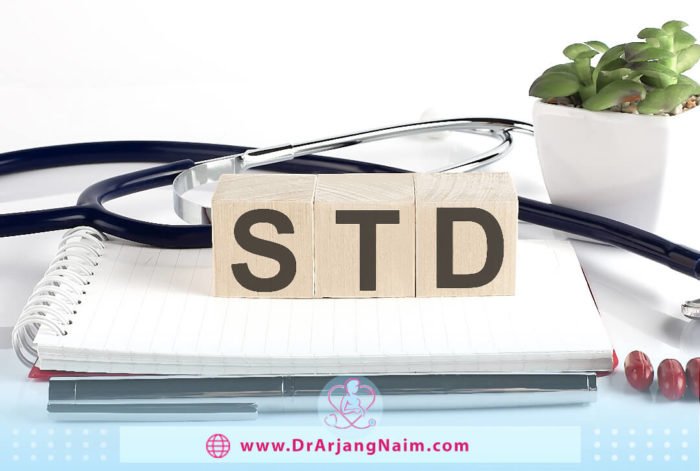Sexually transmitted diseases, commonly called STDs, are infections transmittable through sexual contact with a person who has STDs. Pregnant women may be affected by sexually transmitted diseases (STDs), also known as sexually transmitted infections (STIs).
STIs are diseases of viral or bacterial origin that transmit through sexual contact through the penis, mouth, or anus with an infected person. STIs during pregnancy can have serious consequences for the health of both the mother and fetus. These organisms can pass through people through semen, blood or vagina, and other body fluids. Many sexually transmitted diseases can also be transmitted through close skin-to-skin contact, blood-to-blood contact, needles, and other common equipment for intravenous drug use. STDs can also be transmitted from a woman to a fetus during pregnancy and childbirth.
What are STDs?
The most common STIs include:
- Chlamydia
- Genital herpes
- Gonorrhea
- Hepatitis B
- HIV/AIDS
- HPV
- Genital warts
- Syphilis
- Trichomonas Vaginalis
Symptoms
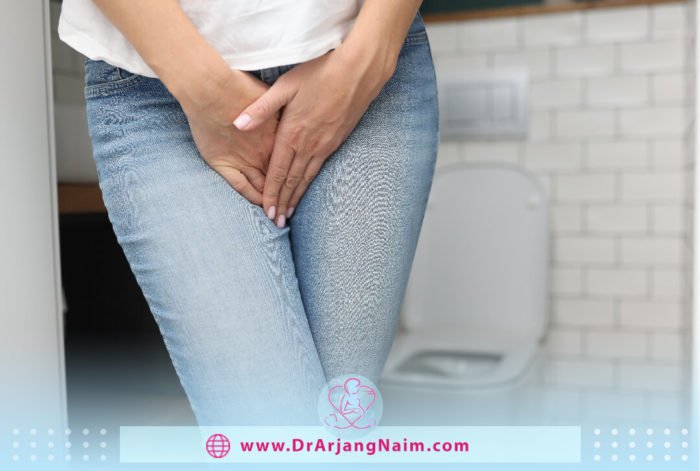
Sometimes, there are no symptoms of STDs. If there are symptoms, it may include:
- Skin rash with or without pain
- Painful urination
- Bumps, sores, or warts near the mouth, anus, penis, or vagina
- Swelling or redness near the penis or vagina
- Weight loss, loose stool, night sweats
- Aches, pains, fever, and chills
- Yellowing of the skin
- Discharge from the penis or vagina (may have an odor)
- Painful sex
- Severe itching near the penis or vagina
- Bleeding from the vagina other than during a monthly period
How can STDs affect pregnancy?
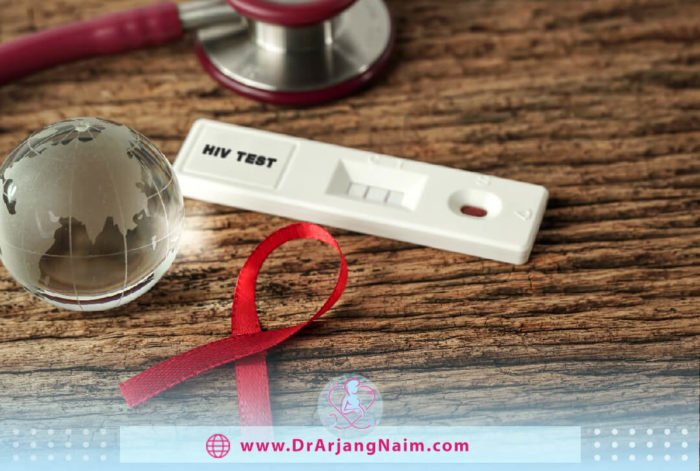
Sexually transmitted diseases in pregnancy, depending on the type of infection, can harm the mother and the developing fetus.
HIV/AIDS
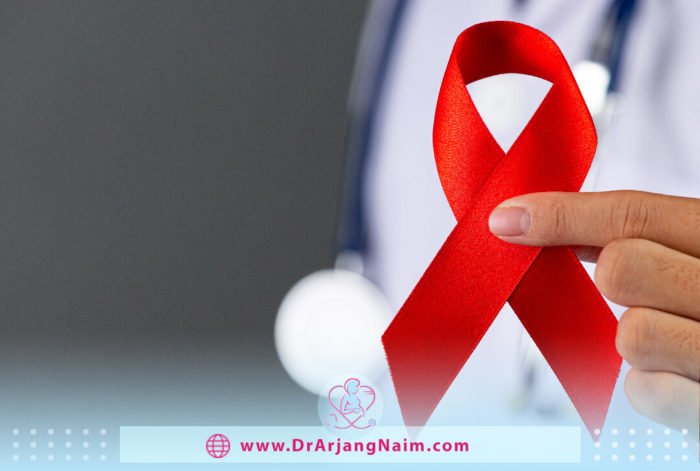
Medication can significantly reduce or prevent the transmission of HIV to the baby. However, when the disease is transmitted, the child may become infected with HIV, which creates a dangerous condition.
Herpes
Herpes infections in pregnant women are relatively safe until they are ready to give birth. Active herpes lesions in the genitals are highly contagious and can infect the baby at birth.
Babies exposed to genital herpes may damage their eyes and central nervous system at birth. Herpes infection in the newborn can be life-threatening and affects several organs instead of the genitals. Also, the virus may begin to multiply and become infected before the onset of skin symptoms. Therefore, many women with herpes undergo a cesarean section to prevent the transmission of herpes to the baby.
Gonorrhea
Gonorrhea is a very common sexually transmitted disease usually diagnose by testing a vaginal fluid swab. The infection can cause vaginal discharge, burning while emptying the bladder, or abdominal pain if infected during pregnancy. The risk of miscarriage or preterm birth increases in pregnant women with untreated gonorrhea. A baby born while the mother has an active infection may develop blindness, joint infection, or a blood infection.
HPV (Genital Warts)
Genital warts often appear as small clusters of cauliflower that may burn or itch. If genital warts develop during pregnancy, treatment may be delayed until after delivery. Sometimes pregnancy hormones can make them bigger. If they are large enough to block the birth canal, the baby may need to be born by cesarean section.
Chlamydia
Chlamydia may increase the risk of miscarriage and premature birth. Babies who are exposed develop eye infections and pneumonia.
Syphilis
It is often diagnosed with a blood test, although syphilis skin lesions can also be tested. Syphilis is easily transmit to the unborn child. It can cause a very serious infection in the baby that can be fatal. Babies are often premature. Babies left untreated and survived have problems with many organs, including the brain, eyes, ears, heart, skin, teeth, and bones.
Hepatitis B
Hepatitis B is a liver infection caused by the hepatitis B virus. Pregnant women with hepatitis B transmit the disease to their fetus through the placenta about 40% of the time. An infected baby can be a lifelong carrier of hepatitis B, which can lead to liver disease and even death. Early screening and wider use of the hepatitis B vaccine can prevent infection. There are medications that can be given to newborns immediately after birth that prevents the transmission of hepatitis B from mother to baby.
Trichomoniasis
Trichomoniasis is an infection that can cause a greenish-yellow discharge from the vagina and pain during sex or when emptying the bladder and also increases the risk of having a premature baby. Rarely, a newborn may become infected during childbirth.
Diagnosis
Because the diagnosis and treatment of sexually transmitted diseases (STIs) during pregnancy is so important, the doctor will examine the mother for these infections at the first visit. In this situation, the person should trust his doctor and inform him about any kind of sexual intercourse in the past. If the mother is more likely to be infected, she will be re-examined in the third trimester of pregnancy.
Laboratory tests
Laboratory tests diagnose the cause of the disease by identifying the type of infection. Common tests include:
- Blood tests
- Urine test
- Fluid samples
How are STDs treated during pregnancy?
Treatment for STDs during pregnancy depends on how advanced the infection is and how many months the mother is pregnant. Many bacterial sexually transmitted diseases, such as syphilis, gonorrhea, and chlamydia, are treated with injectable or oral antibiotics.
HIV/AIDS
Medications can reduce the risk of HIV infection to a minimum and prevent the virus from passing on to a child by taking several medications.
Herpes
The doctor will prescribe antiviral pills to treat the lesions. Women who have active herpes lesions during childbirth are likely to have a cesarean section to prevent transmission of the infection to the baby.
Gonorrhea
Pregnant women with infections can be treated with antibiotics. Because gonorrhea is often asymptomatic, all babies are given eye medicine at birth to prevent gonorrhea’s eye infection.
HPV (Genital Warts)
If the mother develops genital warts during pregnancy, treatment may be delayed after delivery. The virus never leaves the body, but warts can be treated with surgery or medication. Small warts do not need to be treated, while larger and more annoying ones may be treated by chemical burning with acids or cutting them.
Chlamydia
Mothers with chlamydia are treated with antibiotics. The drug, which is used for all newborns to prevent gonorrhea eye infection, also prevents chlamydia infection of the eye, but it cannot prevent pneumonia that may develop later. Even if the mother has been treated, she should be tested again within three months to make sure the infection is gone.
Syphilis
The doctor will prescribe antibiotics to reduce the risk of transmitting the infection to the baby and prevent the development of syphilis during pregnancy.
Hepatitis B
If the mother has hepatitis B, the doctor injects the baby with antibodies to prevent him or her from becoming infected.
Trichomoniasis
Pregnant women can be treated with medication. The partner must be treated simultaneously to prevent re-infection and further spread of the disease. The woman should be tested again after three months to make sure the infection is gone, even if her partner has been treated.
Protection against sexually transmitted diseases
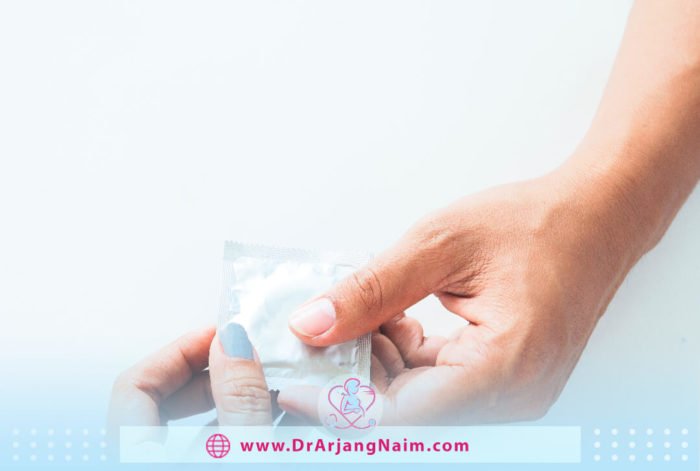
Some basic steps that a person can take to protect themselves from contracting STDs:
- Not having sex is the only sure way to prevent sexually transmitted diseases
- Use a latex condom every time have sex, especially if a person has more than one sexual partner
- Limit the number of sexual partners
- Do not have sex with someone who is suspected of having a sexually transmitted disease or has many sexual partners
- Get check for STDs
- Do not use alcohol or drugs before having sex
- Recognize the signs and symptoms of sexually transmitted diseases
- Learn about STDs
The bottom line
Sexually transmitted disease (STD) refers to a disease transmitted from person to person through sexual contact. Having unprotected vaginal, anal, or oral sex with an infected person can lead to infection. This does not mean that sex is the only way to transmit sexually transmitted diseases. Depending on the type of sexually transmitted disease, infections can be transmittable through the shared use of needles and breastfeeding.
Pregnant women are just as at risk of contracting sexually transmitted diseases as non-pregnant women. Pregnancy will not protect the mother and fetus against sexually transmitted diseases.
Prenatal care should be devoted to sexually transmitted diseases, including HIV. The result of sexually transmitted diseases can be fatal for mother and child. It is important to know the effects of sexually transmitted diseases and ways to protect against them.
Dr. Arjang Naim, MD, minimizes the possibility of contracting and transmitting sexually transmitted infections by pre-pregnancy tests, prenatal care, and choosing the best delivery method according to the mother’s condition.
Additional questions
1. What are the harmful effects of passing an STI to a baby?
- Low birth weight
- Eye infection
- Pneumonia
- Infection in the baby’s blood
- Brain damage
- Lack of coordination in body movements
- Blindness
- Deafness
- Acute hepatitis
- Meningitis
- Chronic liver disease
- Stillbirths
2. Can a mother breastfeed if she has an STI?
Some sexually transmitted diseases affect breastfeeding, and some do not. Essential tips for breastfeeding mothers include:
- A mother with HIV should not breastfeed her baby
- Breastfeeding is possible if the mother has chlamydia, gonorrhea, or HPV
- If the mother has trichomoniasis, use the antibiotic metronidazole
- If the mother has syphilis or herpes, she can breastfeed as long as her baby or pumping equipment is not in contact with the wound.
3. What is the easiest STD to catch?
Herpes is easy to get. All it takes is skin-to-skin contact, including areas that the condom does not cover.
4. When do STD symptoms start?
Depending on the specific pathogen, STD symptoms may appear within four to five days or four to five weeks. Some infections may not have significant symptoms even a few months after the initial infection.
5. Can STD heal by itself?
It is very unlikely that a sexually transmitted disease will go away on its own, and if you delay treatment, there is a risk that the infection will cause long-term problems.
References:
https://www.pregnancybirthbaby.org.au/stis-and-pregnancy
https://www.cdc.gov/std/pregnancy/stdfact-pregnancy.htm
https://my.clevelandclinic.org/health/articles/10246-pregnancy–sexually-transmitted-diseases
https://www.webmd.com/baby/pregnancy-sexually-transmitted-diseases#1
https://www.womenshealth.gov/a-z-topics/stis-pregnancy-and-breastfeeding
